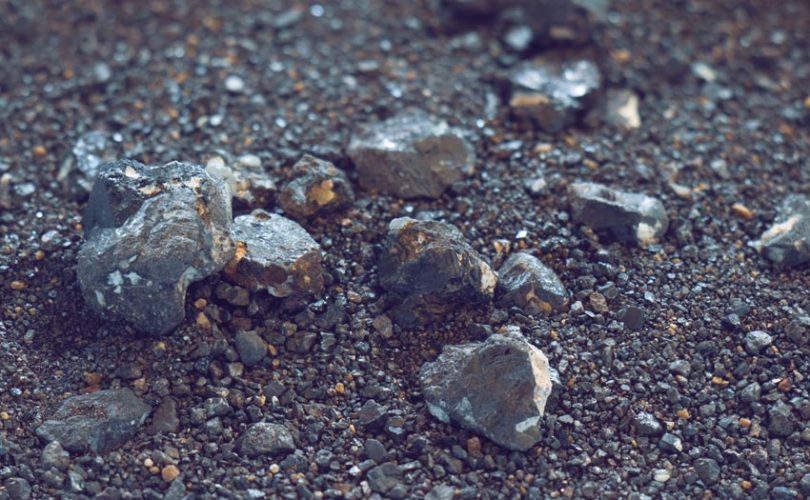Minspider has partnered with Rwandan tin producer LuNa Smelter and Google to develop a blockchain-based tool, OreSource, to help miners and smelters track data about the mineral’s production process. The platform will enable compliance with the new EU Conflict Mineral Regulation for European tin importers. Google’s participation is for its own responsible supply chain.
Tin is a conflict mineral. In politically unstable areas, its trade can be used to finance armed groups and support government corruption. The new EU regulation aims to ensure that EU importers of tin and other conflict minerals meet responsible sourcing standards set by the OECD that also help prevent the minerals trade from financing human rights abuse practices. It will require EU companies in the supply chain to import the minerals covered by the regulation from responsible and conflict-free sources only.
The new regulation, which should come into effect in January of 2021, will directly apply to 600 to 1000 EU importers and indirectly affect an additional 500 smelters and refiners of tin, tantalum, tungsten and gold.
Article continues …

Want the full story? Pro subscribers get complete articles, exclusive industry analysis, and early access to legislative updates that keep you ahead of the competition. Join the professionals who are choosing deeper insights over surface level news.






